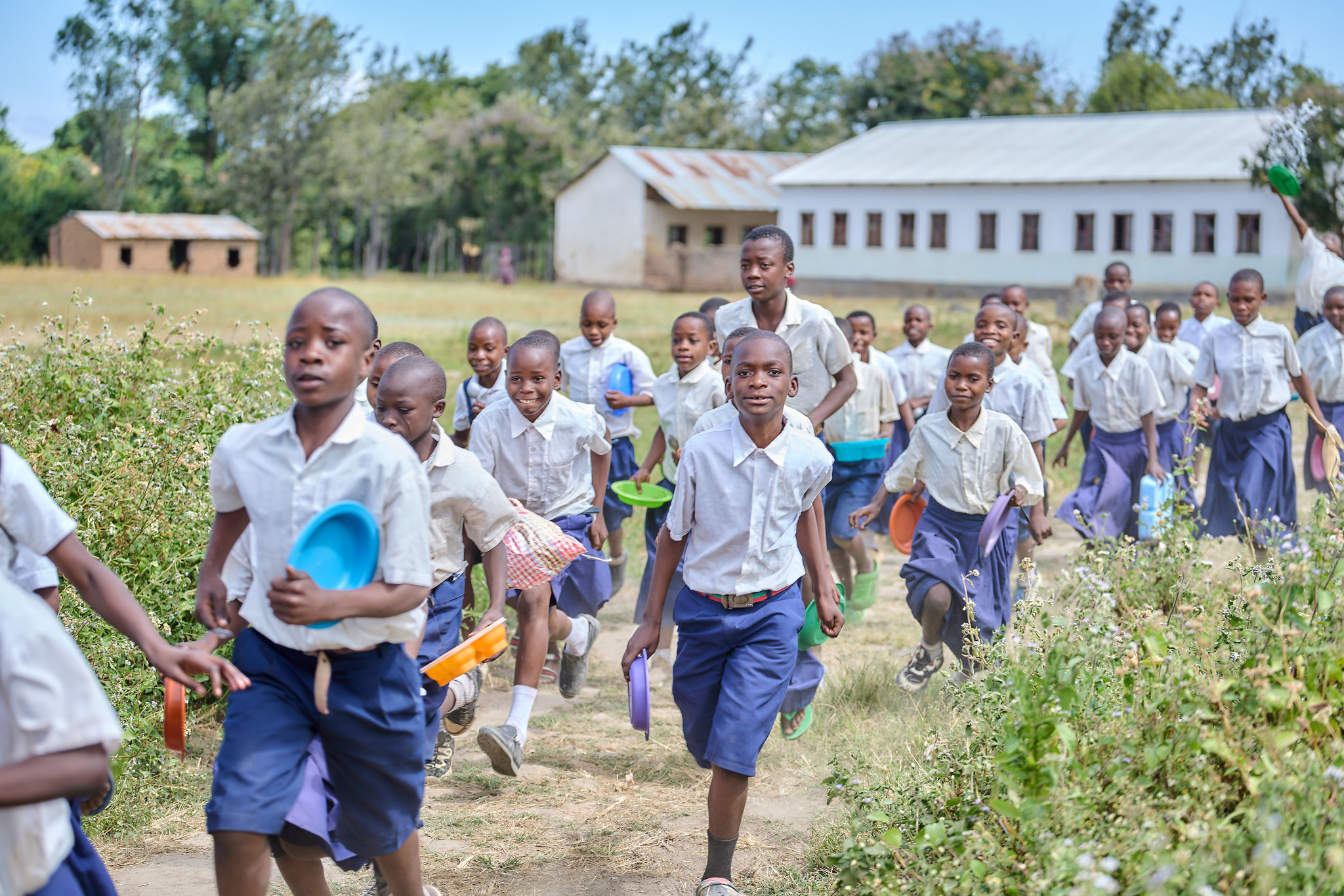The theme for International Women’s Day 2021 (March 8) is “Women in leadership: Achieving an equal future in a COVID-19 world.” As leaders in gender research, we invite you to review IFPRI’s work at the intersection of gender equality and the pandemic.
The COVID-19 pandemic has magnified existing inequalities around the world, and gender is no exception:
- In their blog post, “Why gender matters in COVID-19 responses – now and in the future,” Quisumbing et al. discuss how the health recommendations aimed at stopping the spread of COVID-19 affect women and men in developing countries differently. This post became a chapter in the IFPRI book COVID-19 and Global Food Security.
- In phone surveys from Nepal and Senegal, Barooah et al. found gender inequities in coping with income loss, mobility, time burden, and food insecurity.
- Similarly, a study from India found that women bear the brunt of increased rural distress during the pandemic.
Social protection and policy responses to COVID-19 can be made more gender sensitive:
- Hidrobo et al. advocate for gender-sensitive social protection responses to the pandemic. In a blog post, they suggest a number of approaches: Adapting existing schemes to better support women; tweaking targeting to account for hard-to-reach populations; increasing benefit levels and frequencies; using complementary delivery mechanisms; and offering complementary programming. This piece is also a book chapter and was developed into a brief.
- Lambrecht et al. authored a policy note (available in both English and Burmese) responding to Myanmar’s COVID-19 Economic Relief Plan (CERP), in which they advocated that CERP should pay explicit attention to gender inequalities.
Appropriate responses require research undertaken in real time, but this has also had its challenges:
- Various IFPRI researchers conducted surveys phone surveys in mid-2020, and they shared their insights into the logistical challenges—possibly stemming from gender norms—of successfully reaching women with phone surveys, as discussed here and here.
- This interactive poster describes ways to overcome some of the challenges in reaching women over the phone.
Innovating, building resilience, and working for gender equality:
- Given the innovations in novel information communication technologies (ICTs) triggered by the pandemic, the gender team at IFPRI is pleased to announce an online pro-WEAI course. The course can be taken in preparation of fieldwork, including the tracking of gender inequalities in the post-pandemic world.
- Meinzen-Dick discusses how the physical distancing spurred by the pandemic has created an opportunity to examine the value of face-to-face interaction for fostering social solidarity in a post-pandemic world.
- Speaking of opportunities, Ragasa and Lambrecht offer their perspectives on how responses to the COVID-19 crisis could be a setback or offer opportunities for gender equality in the food system in a letter to the editor of Food Security.
Want more? Read IFPRI’s post from International Women’s Day 2020: “Building resilience and gender equity in the face of COVID-19.”
Emily Myers is a Research Analyst with IFPRI’s Poverty, Health, and Nutrition Division (PHND).







